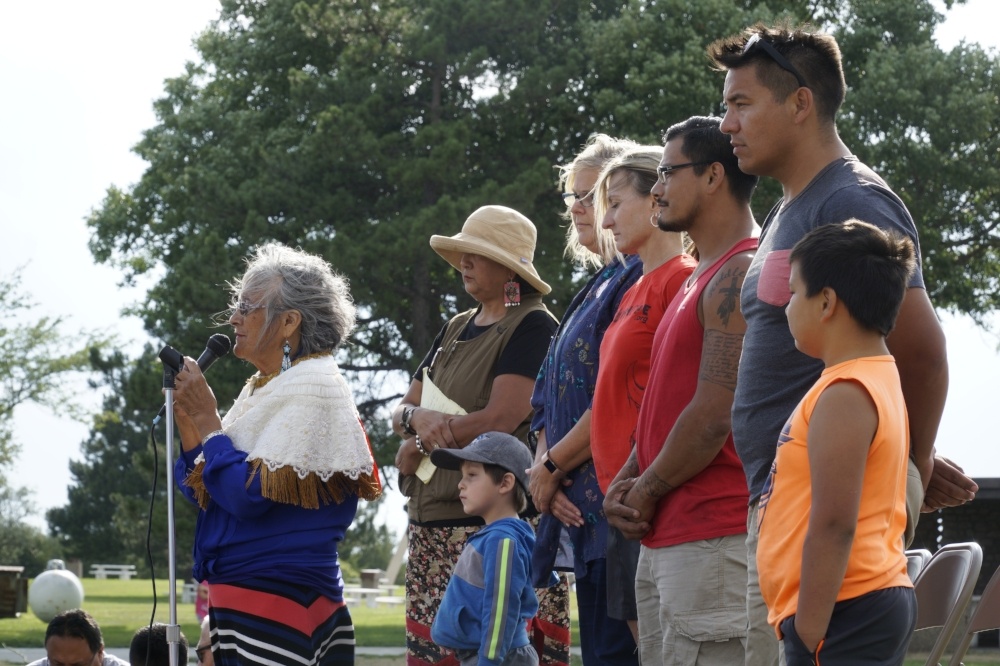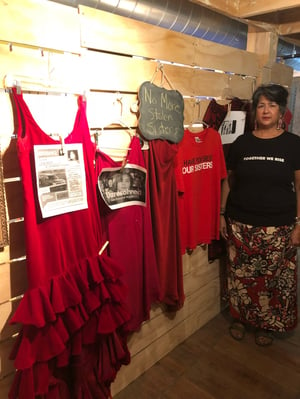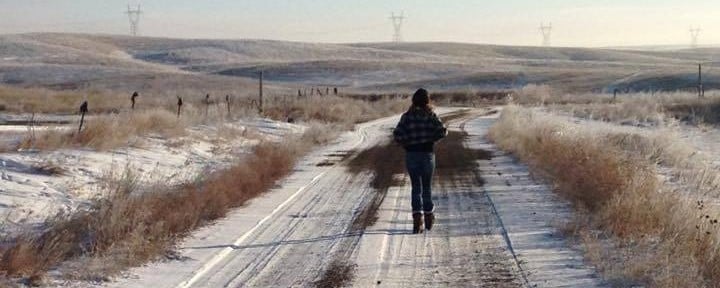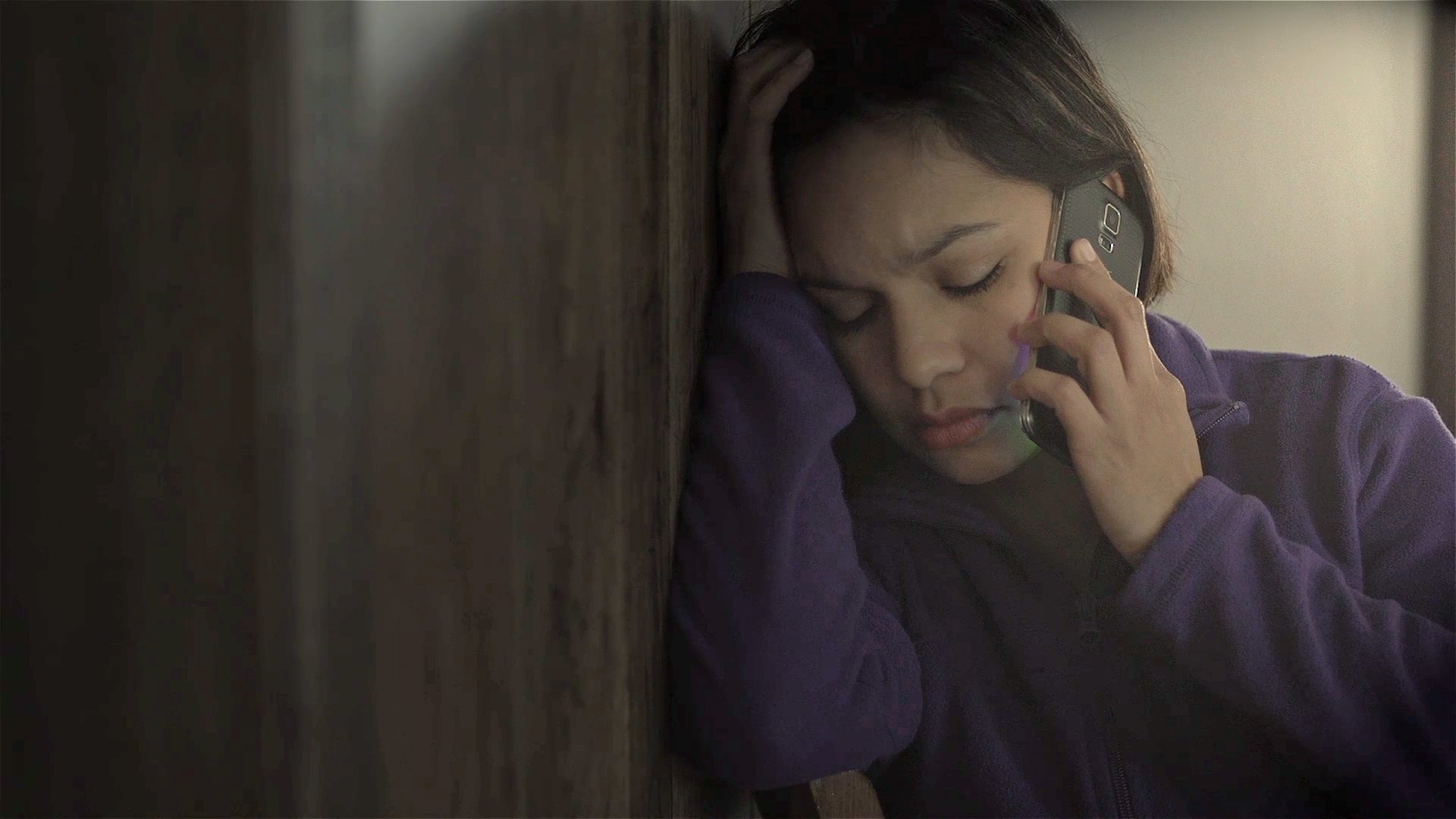Aug 2, 2018 | Native Hope
It was a beautiful sunny, Sunday afternoon, along the shores of the Missouri River and the rolling hills of the plains, “Dignity” stands, casting her peaceful gaze across the waters, overlooking Interstate 90 and the beautiful lands of South Dakota. During the day, her star quilt twinkles from the sunlight and the blowing of the wind. At night, she stands shining bright and strong, her gaze will never break and her beauty – and message – will be celebrated for generations. Dignity represents the courage, perseverance and wisdom of the Lakota and Dakota culture in South Dakota.
Dale Lamphere, the artist behind the 50 foot statute, said, “My hope is that the sculpture might serve as a symbol of respect and promise for the future.”
With the future changing so rapidly, Native Hope wanted to echo Lamphere’s message of hope and promise, especially for the future of our women and children.

The “Bringing Dignity to Women” event helped educate and spark a difficult conversation about the dark world of sex and human trafficking along North America's roadways. South Dakota has become known for its high concentration of traffickers and trafficking victims, and over 40% of sex trafficking victims in South Dakota are Native Americans.
Sex Trafficking, Human Trafficking, and Domestic Violence do not discriminate.
Trafficking victims are everywhere - in cities, suburbs, reservations and rural areas in all 50 states. There is no single profile for trafficking victims. It does not discriminate! While trafficking spans all demographics, traffickers target victims using tailored methods of recruitment and control by understanding certain circumstances or vulnerabilities such as poverty, emotional distress, childhood sexual abuse, isolation and many other social, environmental or mental issues. Many of these issues thrive on Indian Reservations.
 Red Ribbon Skirt Society Founder, Lily Mendoza said, “The event brought light to the problem facing indigenous women across the state and country. It was moving for all, especially for families that continue to grieve for their women that have been lost to this terrible tragedy. It was beautiful to see the support of Native and non-Native community members gifted to each other.”
Red Ribbon Skirt Society Founder, Lily Mendoza said, “The event brought light to the problem facing indigenous women across the state and country. It was moving for all, especially for families that continue to grieve for their women that have been lost to this terrible tragedy. It was beautiful to see the support of Native and non-Native community members gifted to each other.”
Also, representing the Red Ribbon Skirt Society was Advocate Sunny Red Bear, a survivor that has overcame her trauma and now shares her story in hopes to heal other women going through this negative cycle of life.
Rallying Together: Working with Partners
The most important aspect of the entire event was the UNITY amongst various organizations across the state, standing in solidarity to #ProtectI90.
Other organizations in attendance, standing in solidarity to honor and protect women were the Pathfinder Center, Woconi Wawokiya, Artemis House, Missouri River Crisis Team, Call to Freedom, and Red Ribbon Skirt Society.
Together we rise, together we can end it. Let's rally together to #ProtectI90 during the Sturgis Rally.



COMMENTS